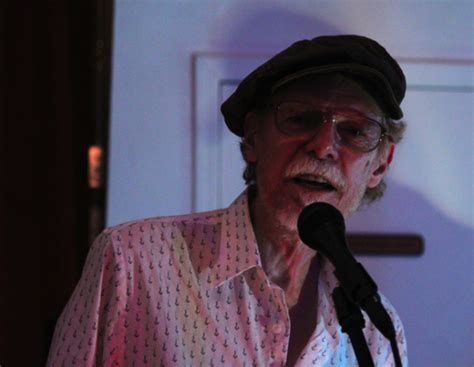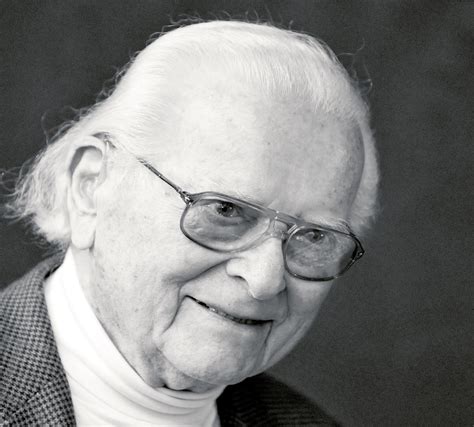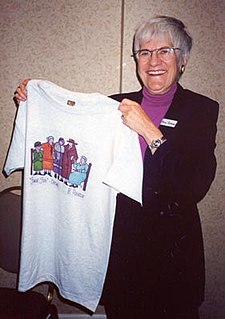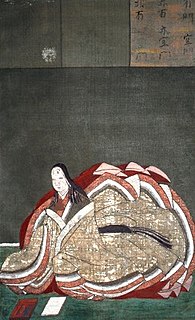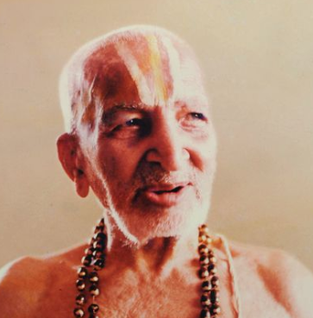A Quote by B.K.S. Iyengar
Related Quotes
I have enjoyed teaching most of the times that I have done it. I also like being by myself and making things and performing, so much that if I hadn't needed an income I probably wouldn't have done much teaching. Having said that, I think working with others, having to come up with art projects, and learning how to present your ideas in a clear way, to adults and/or kids is always interesting and rewarding.
Teaching is more difficult than learning because what teaching calls for is this: to let learn. The real teacher, in fact, lets nothing else be learned than learning. His conduct, therefore, often produces the impression that we properly learn nothing from him, if by "learning" we now suddenly understand merely the procurement of useful information.
Much like teaching art to young art students age 10 to 15 or so on, you have to break it down into bite-sized pieces, essential components. You have to - you know, at this point I'm so used to operating within given assumptions about art. But when you're explaining art to art students or people who are new to this experience, you have to really go back to the fundamentals.
In the art of teaching, we recognize that ideas and insights need to cook over a period of time.
Sometimes the student who is least articulate about expressing the ideas is in fact the one who is absorbing
and processing them most deeply. This applies as well to our own private learning of our art form; the
areas in which we feel most stuck and most incompetent may be our richest gold mine of developing
material. The use of silence in teaching then becomes very powerful.
So much of teaching is sharing. Learning results in sharing, sharing results in change, change is learning. The only other job with so much sharing is parenting. That's probably why the two are so often confused. You can't test what sort of teacher someone will be, because testing what someone knows isn't the same as what someone is able to share.
Traditional education focuses on teaching, not learning. It incorrectly assumes that for every ounce of teaching there is an ounce of learning by those who are taught. However, most of what we learn before, during, and after attending schools is learned without its being taught to us. A child learns such fundamental things as how to walk, talk, eat, dress, and so on without being taught these things. Adults learn most of what they use at work or at leisure while at work or leisure. Most of what is taught in classroom settings is forgotten, and much or what is remembered is irrelevant.

